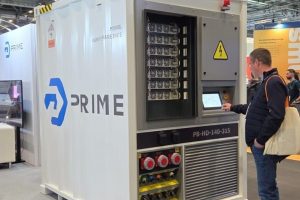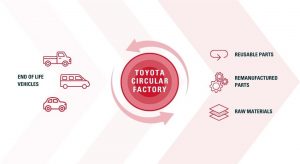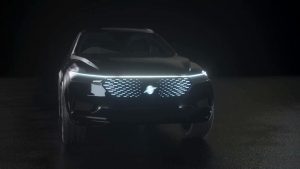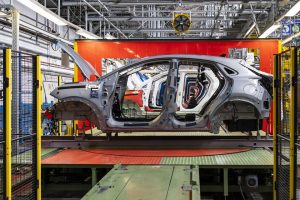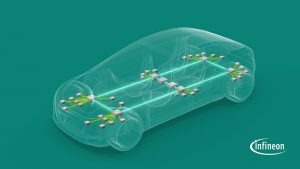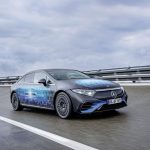Mercedes-Benz starts road testing first solid-state-battery vehicle
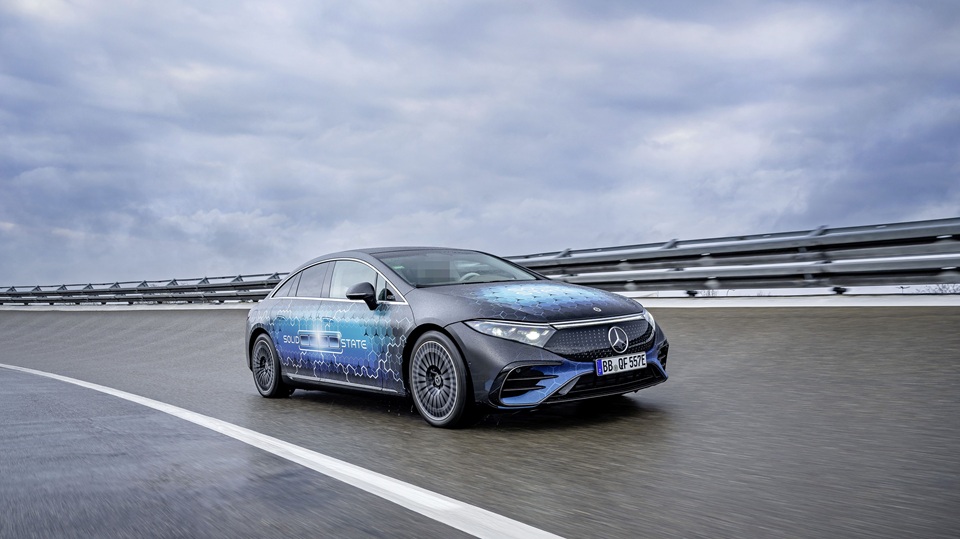
Mercedes-Benz engineers from the road and racetrack and Factorial cell engineers have worked together on delivering an all-new solid-state battery test program, which has brought the first car powered by a lithium-metal solid-state battery to the road.
Mercedes AMG High Performance Powertrains (HPP), a 100 % subsidiary of Mercedes-Benz Group specialising in industry-leading Formula 1 technologies, and the Mercedes‑Benz Center of Competence for Battery Systems designed and developed a completely new and innovative battery system.
After intensive testing on various test benches, the prototype solid-state battery was integrated into an EQS at the end of 2024. The all-electric car from Mercedes‑Benz was slightly modified to fit the solid-state battery and was equipped with all accessories to operate it. The first laboratory vehicle tests were already conducted in Stuttgart at the end of 2024 to prepare for the road tests that started in February 2025.
Solid-state batteries are a promising technology in electric mobility. They use a solid electrolyte instead of a liquid one, which enhances cell safety and allows for the use of new anodes like lithium metal, thus significantly outperforming conventional lithium-ion cells. They also enable next-level energy densities, in combination with a lithium-metal anode.
The solid-state battery in the EQS-based vehicle allows for up to 25 percent more driving range compared to the same battery weight and size of a corresponding standard EQS battery. Further weight and energy efficiency is achieved through passive battery cooling. The development vehicle is expected to have a range of over 1,000 km.










